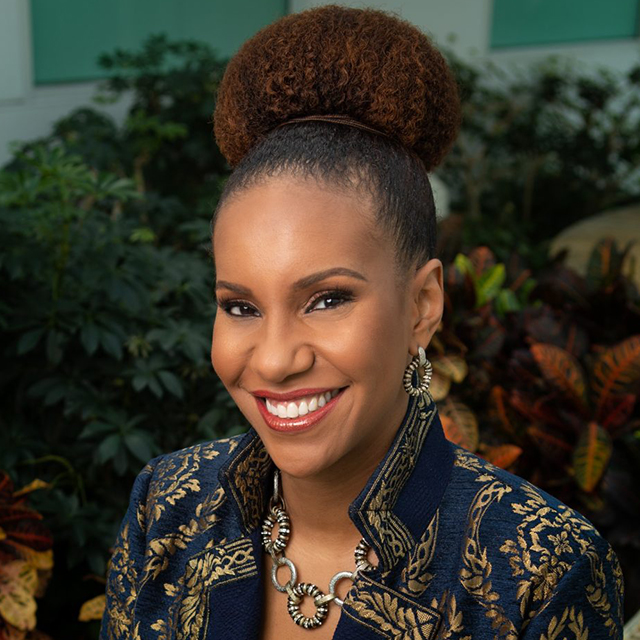When Rita Kalyani ’03 set out to tell stories of elite athletes overcoming challenges with diabetes, she uncovered a theme she wasn’t expecting. Most of the athletes Kalyani and colleagues interviewed for Winning with Diabetes (JHU Press) didn’t think of themselves as excelling in spite of the disease, but because of it.
Whether they ended up in the NBA, the Olympics or at the summit of Mount Everest, “nearly all attributed their success in part to their experience living with diabetes,” says Kalyani, an associate professor at the school of medicine. “Many said the discipline and lessons they learned from an early age with diabetes, and the emphasis on self-care practices and healthy eating, helped them develop the maturity and determination they needed.”
Winning with Diabetes shares personal accounts from 16 top athletes, including five-time Olympic gold medalist swimmer Gary Hall Jr., WNBA pro Lauren Cox and PGA Tour golfer Scott Verplank. Most learned they had type 1 diabetes at a young age — a diagnosis that, a few decades ago, may have curtailed any serious athletic ambitions.
For Kalyani, who co-authored the new book with Johns Hopkins-trained endocrinologist Mark Corriere (fellow, endocrinology, 2014) and Johns Hopkins biomedical science writer Patrick Smith, diabetes figured in the backdrop of life early on, as she witnessed grandparents and other family suffer complications from the disease. During medical school at Johns Hopkins, it became her focus. “I was fascinated with all the different ways to approach and improve diabetes care,” Kalyani says, “from research and the clinical side to educating people and empowering them with the knowledge to manage their disease at home.”
With the prevalence of diabetes rising — an estimated one in 10 Americans has it — Kalyani sees enormous public health benefits in getting that knowledge out there. At Johns Hopkins, where she also completed her residency (internal medicine, 2006) and endocrinology fellowship before joining the faculty in 2010, she’s founder and editor-in-chief of the Johns Hopkins Patient Guide to Diabetes, a bundle of online resources that includes a nutrition blog, ask the expert and podcast series. In 2018, she co-authored Diabetes Head to Toe (JHU Press), which imparts bite-sized information on a range of diabetes-related topics to patients.
“I think it’s important for anyone diagnosed to realize that diabetes doesn’t mean the end of anything,” Kalyani says. “Whatever goals you have for yourself, personally or professionally — it may take some adaptation, it may take some learning — but you can get there.”



